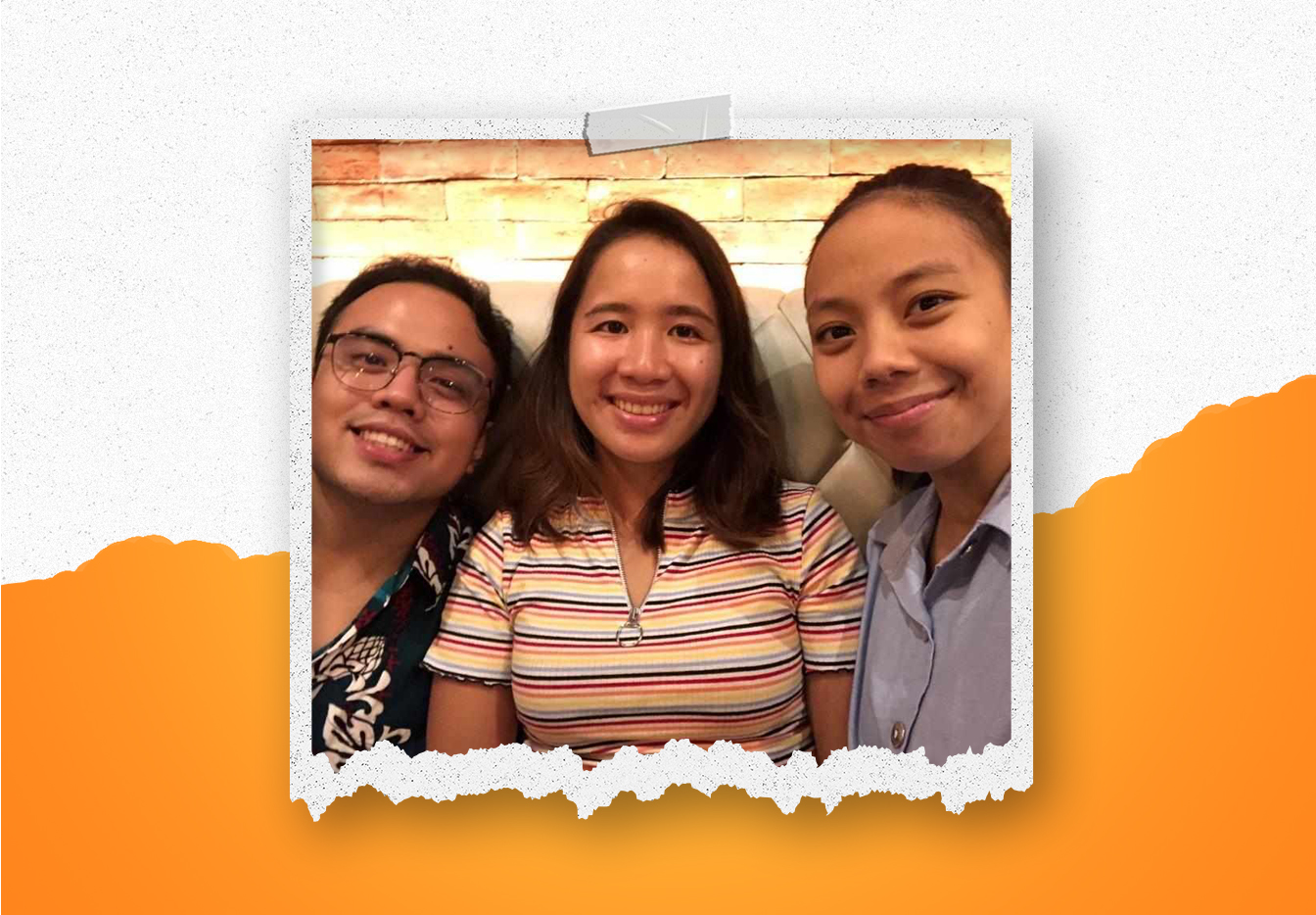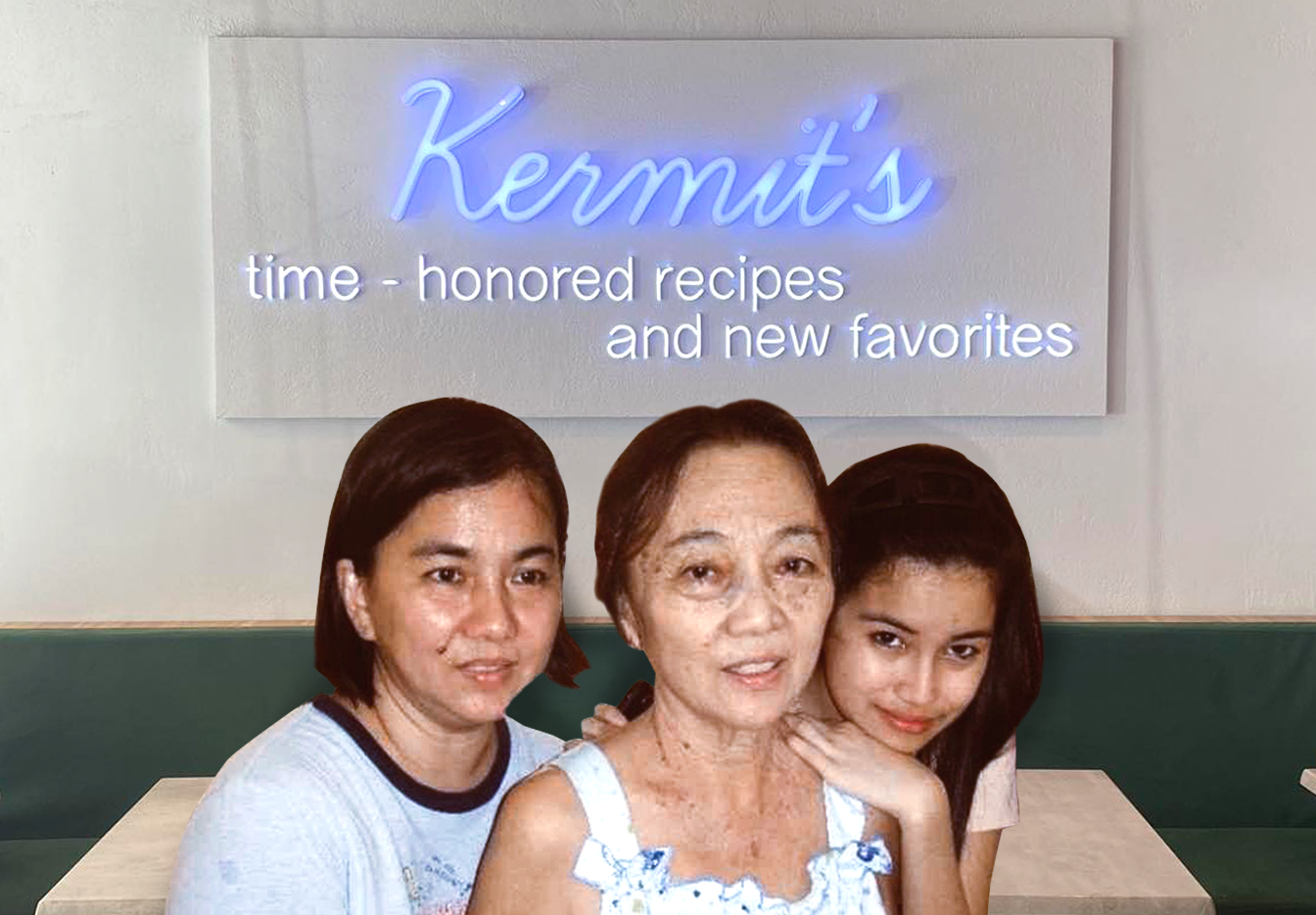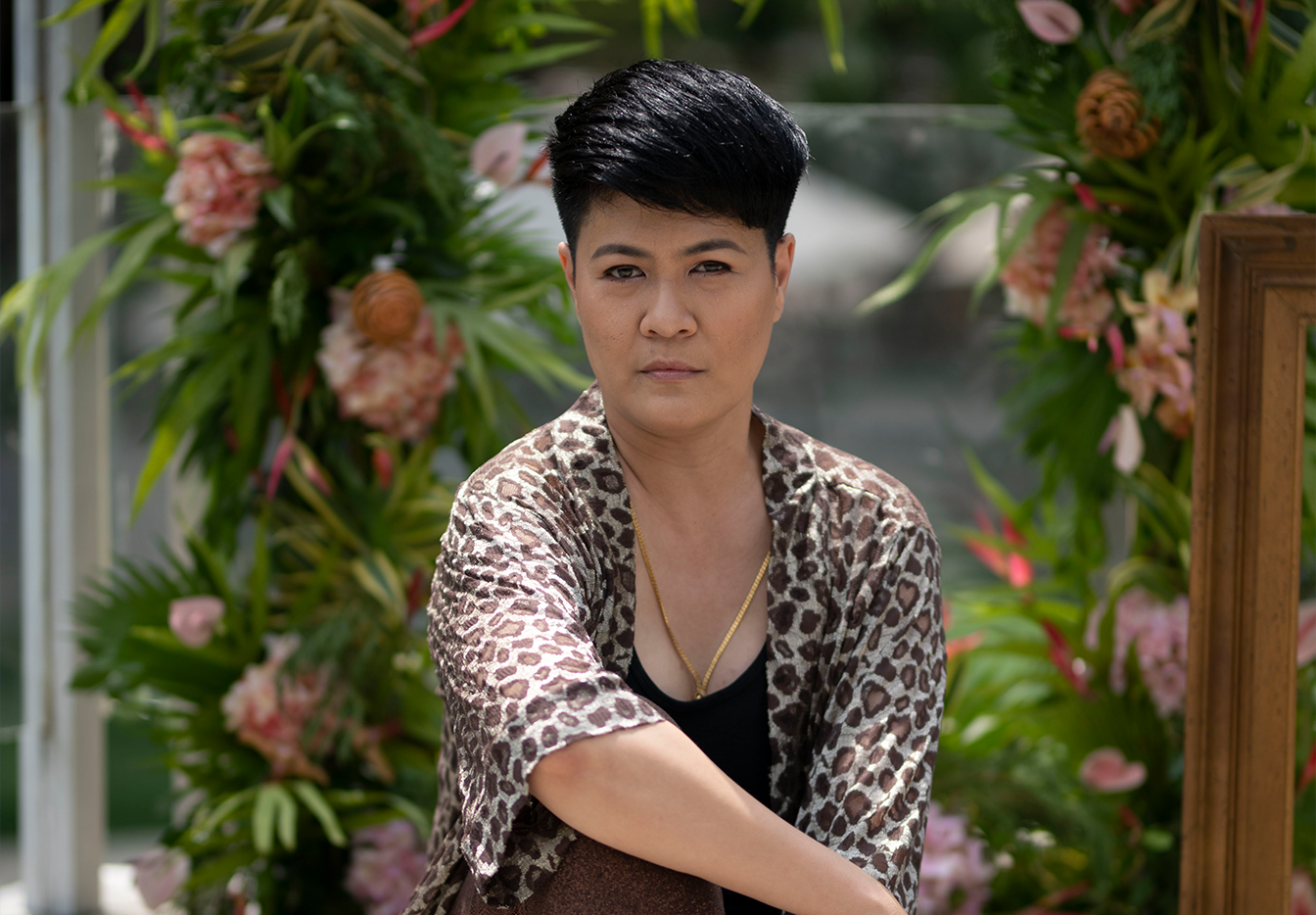If you ask people today how they feel about multicultural relationships, you might get a mixture of responses because, in all honesty, not everyone has the same views on cultural differences in relationships.
An assumption some people have about multicultural relationships is that they are attached to their significant other for the dollar bill and that there is no “real love” in their relationship. Some would even receive dirty looks or be eyed along the streets while trying to enjoy an intimate outing with their loved one; which ultimately ruins the mood and perfect atmosphere around their date.
Being happy and content with your significant other should not be validated by society, rather it should be something you seek within yourself and your partner.
g.spot is pleased to have sat down with Cris Evert Lato-Ruffolo to find out how she is able to take both her and her husband’s cultural diversities and influence them positively onto her children in hopes that they will be able to appreciate it collectively and culturally.
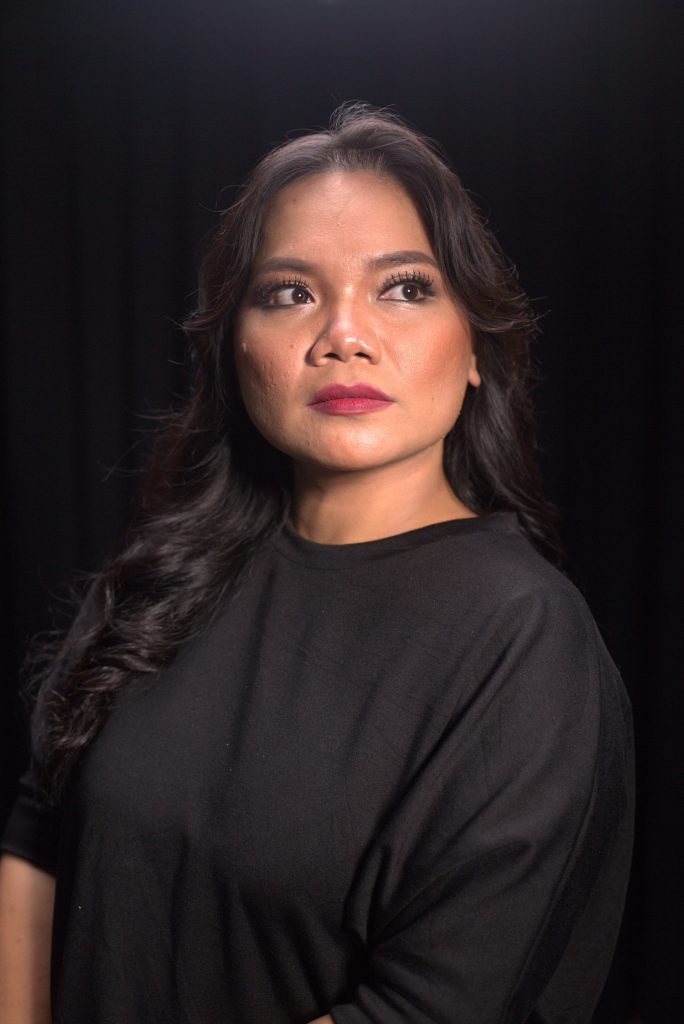
g.spot: What has your experience been like as a woman in a multicultural relationship?
CRIS EVERT: When I was first dating my now-husband, I would always say that my husband did actually court me to be his wife. We have a very short courtship—it was just three months and then we got married. It’s always been very challenging because people tend to think you have the things you have because you are married to an “AFAM” [A Foreigner Assigned to Manila; colloquial] or you have a relationship with a white guy.
For example, I had my first house when I was 24 and people tend to think I got the house because of the AFAM, and in restaurants when we would go on dates, I tend to pick the tab because I didn’t want people to think, “Isa na namang Pilipina ang na-iahon sa kahirapan. (Another Filipina alleviated from poverty.)”
Things like walking in public, I would always say, “Don’t hold my hand,” because I don’t want to appear like a bar girl.
g.spot: How do you deal with those kinds of stereotypes?
CRIS EVERT: I deal with it by not thinking about it, and over the years—we’ve been married for almost 10 years—I just brush it off. I always have this tendency to bring my resumé and stab people with that wherever I go. Now I don’t think of our relationship based on the color of our skin but based on Jeff and Cris, us as people—not the color of skin, nationality, or color of a passport.
g.spot: How do people react when you tell them you’re in a multicultural relationship?
CRIS EVERT: “Swerte kaayo ka, dai, kay dato kaayo kay AFAM imong bana, (You’re so lucky because your foreigner husband is rich).” He works for the Olympics organizing community for China and holds one of the chief positions in a Chinese airline, so there is always a tendency for people to say “Hoy, swerte kaayo ka sa imong bana, (You’re so lucky with your husband.)” and my husband would say, “No, swerte ko niya, (I’m lucky to have her).” [laughs]
I was angry for many years. I didn’t like it. I felt like I had my success based on my own merits, and not because I was married to Jeff, who’s organizing the Olympics. I don’t look at him as that person—I look at him as someone who washes the dishes, mops the house because we don’t have a yaya. We’re raising three children and there’s home school, and there’s a lot of things I’ve already seen and him more than just his success professionally. We’ve operated in a situation scenario where we both respect each other, and at the core of the relationship, we’re friends—close friends. Wrespect each other’s career orientation, so I like that.
g.spot: How do you want people to react instead of those words?
CRIS EVERT: That’s a tough question because you cannot control how they they react. I wish they would say “Swerte siya nimo, dai, (He’s lucky with you, girl.)” because there’s a long history, a deep-rooted issue and challenge that we see Filipino women or Bisaya women as inferior to the white race in general to someone that’s not Filipino—but how do I want them to react? I’m okay with whatever reaction now. I learned to keber, and it takes maturity over time.
g.spot: Do you think the issue of multi-cultural relationships is talked about enough? What do you think we should do as a society?
CRIS EVERT: I think there’s less appreciation for women married to white guys. I think it mirrors how low or inferior we look at women married to non-Filipino or Caucasians because the immediate reaction was “Wow, this white guy actually found someone from the bar or from the squatters area or the internet!” You know, “Like like, poke poke, meet meet. Then nailad, then nakabalay swerte ang parente, pamilya… (Then the girl fooled him, then she got a house, the family and relatives are lucky…)”
There’s a cultural part in how these couples are raising multi-cultural childre. It’s never talked about and then it’s always like, they left for America, and they adopt the culture of Americans or the husband, but there is never a conversation about how you are raising children in a multi-cultural household.
So my husband is 28 years older than me, and that’s a question of generation also because they say a generation is around 10 years, so for us that’s almost three generations of difference.
In my case, there is also a discussion on religion. I’m a Catholic, my husband is a Latter-Day Saints Mormon. Then there’s race, for my husband is Italian-American and I’m Filipino, and we also embraced Chinese culture as we lived in China. There’s talk about how we’re raising our kids—they speak Bisaya, English, Chinese, Filipino, Italian, so how did we do it? Do we go to Church on Sundays? How do we manage different values?
I’d like to talk more about that. How do we make sure they’re not halves but actually fulls? I have this awkward feeling when people see my children. Of course they are peach, and my daughter would always say “We’re not white, mama, we’re peach. Then people ask, “Half, ma’am?” I always go, “Ha? Why half?” They’re actually full—they are not half-Filipino or half-Italian or half-American but they are full Filipinos. They are dual citizens and they are as Filipino as they are as much as they are American… so it’s a long conversation.
g.spot: How are you incorporating the differences in your children’s lives?
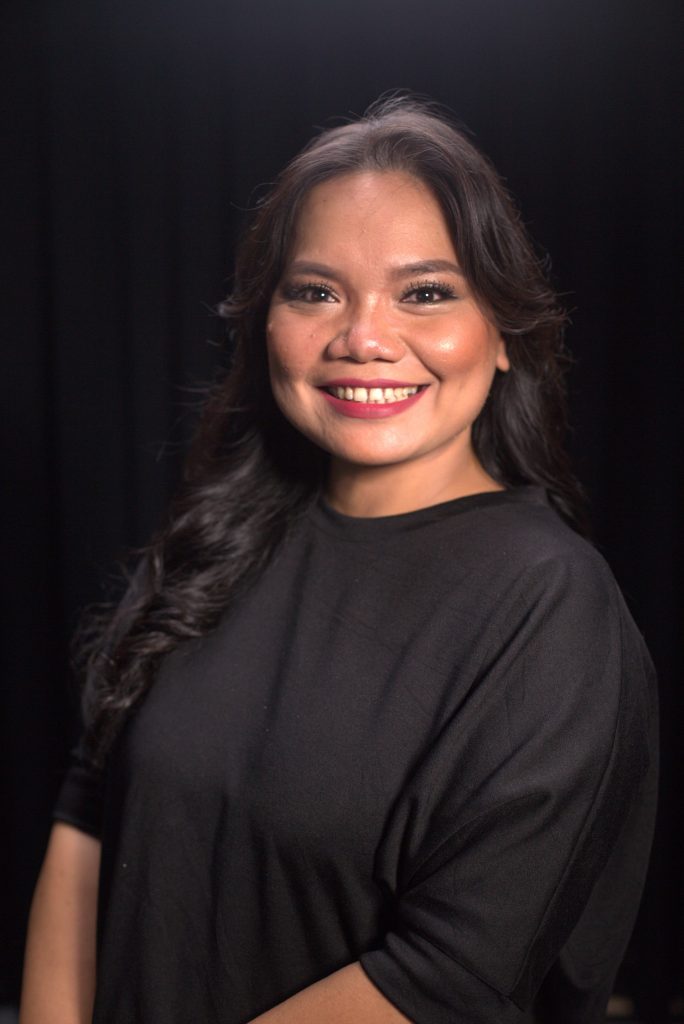
CRIS EVERT: I’m homeschooling my three children, so we’re following a method in which each subject is only 15 minutes each because scientifically, a child’s attention span only lasts 10 to 15 minutes.
In terms of incorporating all these different cultures, a very concrete example is how we do social studies in the house. Mondays and Tuesdays are world history, Wednesday is Philippine history, and then Friday is American history. On the Friday part, my husband teaches American history but we have a book we follow. I teach Philippine history—we’re now in martial law—and world history we follow a different book. Because my husband is American, and he’s also a full-blooded Italian born and raised in the States, he also wants the kids to learn more about the world. We always invest in experiences, not in material things, so I think social studies is a very concrete example of that.
Then on religion, they have a subject called Hymns. We do that for five minutes and they sing kids’ songs from the Latter-Day Saints. They go to Mormon church every Sunday and on Saturdays at 3:00 p.m., they hear anticipated Mass. They know Bato Balani sa Gugma, they know how to make the Sign of the Cross, and the consensus really is when they’re old enough to decide, they can choose their own religion.
I don’t have that mindset that my kids have to be Catholic. I’d rather have children who believe in God and have faith than those who are not kind to others, who are very insensitive.
g.spot: What’s your message of encouragement to women who are like you?
CRIS EVERT: People will always say what they want to say and I can’t say to you to just, you know, not listen to them because you will really listen to them and their words will poison you for a certain amount of time.
I think the trick there is to work on yourself you have to know the woman that you are and cannot be defined by the person you are with. At the end of the day, when you sleep, you will always ask the question “Do I like myself?” and that lightness for yourself and that love for yourself will overflow and it will radiate, and you will like the AFAM if you like yourself better.


